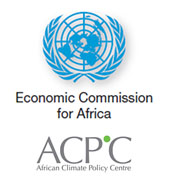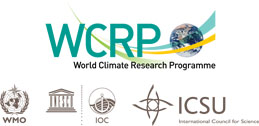For the latest news on ACC2013, please navigate to africaclimateconference.org
The call for abstracts for both poster and oral presentations is now closed, but registration is still open. Participants who will be selected to make an oral presentation in the Parallel Sessions will be notified by Monday 16 September.
Overview
Africa is the continent most vulnerable to current climate variability and extremes and the one most likely to suffer adverse effects of climate change. Adaptation policies and actions will be most effective if based on the best possible knowledge concerning current and future climate. To achieve this, we must fill the large gaps in our understanding of African climate through scientific research, and ensure that climate research outputs are communicated in a form that is useful and accessible to decision makers.
The Africa Climate Conference 2013, which is organized under the auspices of the World Climate Research Programme (WCRP) and the African Climate Policy Center (ACPC), will bring together decision-makers and climate researchers, scientists and practitioners from Africa and around the world, to jointly: 1) identify the state of knowledge on the African climate system, recognizing current gaps in climate knowledge; 2) define and drive an African agenda for future climate research that will inform adaptation decisions out to the mid- to end 21st Century.; 3) develop a framework for mainstreaming climate information into decision making, as well as a network of experts who evaluate and interpret this knowledge for practical applications in areas such as agriculture ad food production, water resources management, climate risk management and adaptation planning, etc. The expected outcome from the Conference is a set of concrete research proposals to address the critical gaps in our knowledge of the African climate system, led by regional and national institutions and experts, to provide science-based climate knowledge that will inform decision-making out to the mid- to end 21st Century in Africa in the many sectors affected by climate variability and change.
For further information on the ACC-2013, please email acc2013@climdev-africa.org.
Africa Climate Conference 2013 (ACC2013) and Third conference on Climate Change and Development in Africa (CCDA–III)
In October 2013, two back-to-back conferences will be held in Africa, which will provide a unique opportunity for scientists, policymakers and other stakeholders to strengthen the ability of African climate science to support regional climate resilience and adaptation policies and decisions. Together they will enhance collaboration amongst climate scientists, match scientific priorities to key climate and development challenges, and forge enduring links between scientists and policymakers. The two conferences are:
- The Africa Climate Conference 2013 (ACC2013), which will be held in Arusha, Tanzania, from 15 – 18 October 2013 will highlight Frontiers in African Climate Science Research and Applications. The aim of ACC2013 is to bring together stakeholders to craft an Africa-wide agenda for climate research and to explore climate research priorities, identify information needs for early warning and adaptation, enhance the networking of climate scientists, and support capacity development. The first of its kind, this conference is being organized by the African Climate Policy Center (ACPC), the University of Dar es Salaam, and the World Climate Research Programme. For more details and to register, please visit www.climdev-africa.org/content/acc2013Frontiers.
- The third conference on Climate Change and Development in Africa (CCDA–III) takes place in Addis Ababa, Ethiopia, from 21 – 23 October 2013. The theme of this year’s conference is “Africa on the rise: can the opportunities from climate change spring the continent to transformative development?” CCDA-III will prominently feature the outcomes of the Arusha conference that immediately precedes it.
CCDA is organized each year under the auspices of the Climate for Development in Africa (ClimDev-Africa) Programme. ClimDev-Africa is a joint programme of three Pan-African institutions; United Nations Economic Commission (UNECA), the African Union Commission (AUC) and African Development Bank (AfDB).
For more information and to register, visit www.climdev-africa.org/ccda3.
Setting priorities through dialogue
Policymakers need access to the best available science in order to craft effective responses to local, national and regional challenges. At the same time, scientists need feedback from policy makers and other users of scientific data and information to develop their research priorities and to respond to stakeholder needs. A two-way dialogue between the policy and research communities is particularly important for addressing the challenges and opportunities associated with climate variability and change in Africa.
Climate science is conducted by research teams around the world, and Africa benefits enormously from this global effort. A stronger indigenous capacity for climate research and education, however, will strengthen the ability of African policymakers to address Africa’s specific challenges. By promoting dialogue, the Frontiers in African Science and ACC2013 conferences will help to align the needs of African decision-makers with the priorities of climate researchers. They will also foster the development of a stronger African research network that will serve African citizens. To better integrate the two events, the outcomes of the Frontiers conference in Arusha will be presented to participants at ACC2013 in Addis Ababa for adoption and then for implementation by national and international organizations.
Some of the potential links between climate science and climate policies that the conferences will explore include:
- Managers responsible for public health, water supplies and food production can improve their decisions if they have access to better short-term climate forecasts (from days to months and seasons). To achieve this, researchers will need to improve their understanding of smaller scale phenomena such as convective rain-bearing systems.
- Farmers, disaster-risk managers and other decisions-makers need advance warnings of extreme floods and droughts at least six months ahead. To provide such warnings, researchers need to improve seasonal forecasts by, for example, gaining a better understanding of how the El Niño/Southern Oscillation, land-cover and land-use change, and other global climate patterns will impact weather and climate conditions in Africa.
- Investments in transport and energy infrastructure require local and national climate forecasts of at least a decade. Scientists need to enhance their understanding of the drivers of natural decadal variability over Africa and how this variability interacts with global climate change.
- Many adaptation measures require anticipating what the local climate will be like 50 years from now. Researchers need to improve their ability to downscale projections of the future global climate in order to predict climate change at the regional, national and local levels. They must also observe and model regional influences such as land-use and land-cover changes.
- To better understand future impacts, policymakers need to better understand vulnerability to current climate events. This will require enhancing ground-based observation networks, which still need significant improvement in Africa. Better databases are also needed on crop yields, river flows, health related matters admissions and other socioeconomic variables.
- Because African institutions are closer to the continent’s end-users of climate information, they need greater capacity for generating information relevant to the regional, national and local levels. Capacity building, dialogue and networking are essential to making greater progress on some of these complex challenges.
- To use climate predictions effectively, decision-makers need a better understanding of their strengths and weaknesses and the level of certainty associated with them. Scientists and end-users must work together closely to ensure that scientific information is clearly understood and properly applied in policies and decisions.
- Climate information and services must be co-developed between producers and users of such information. This will ensure that the resulting information is action-oriented and used in an effective and timely manner. Information must be provided in a jargon-free format that is user-friendly while remaining scientifically credible.
|
UN Economic Commission for Africa, Menelik II Ave. P.O. Box 3001, Addis Ababa, Ethiopia. Tel: +251 11 551 7200, Fax: +251 11 551 4416
World Meteorological Organization, 7bis, avenue de la Paix, Case postale 2300 CH-1211 Geneva 2 Switzerland. Tel.: +41 (0) 22 730 81 11 Fax: +41 (0) 22 730 81 81
|
Sponsors
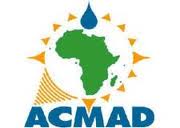 |
 |
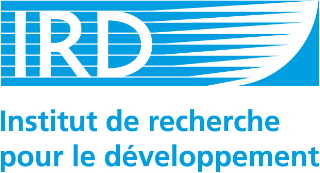 |
 |
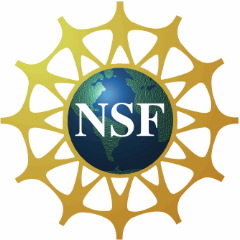 |
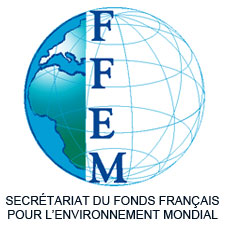 |
 |
 |
 |
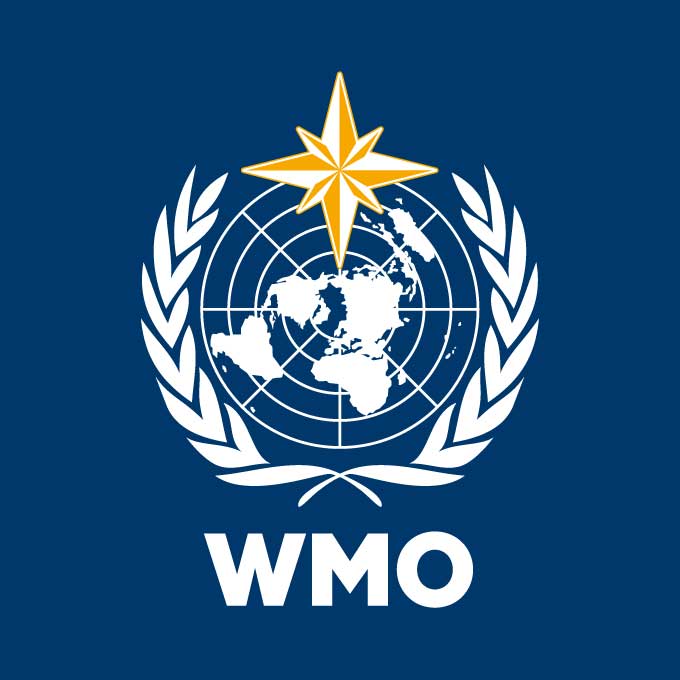 |
 |
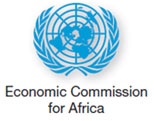 |
 |
 |
